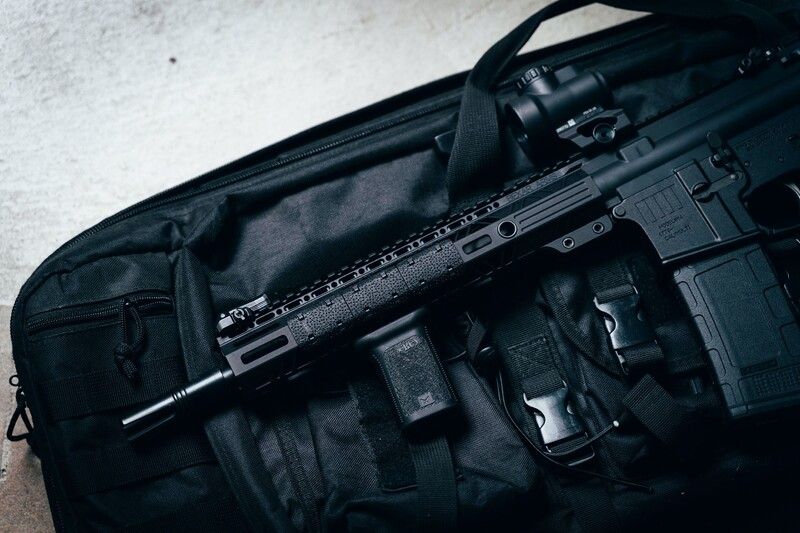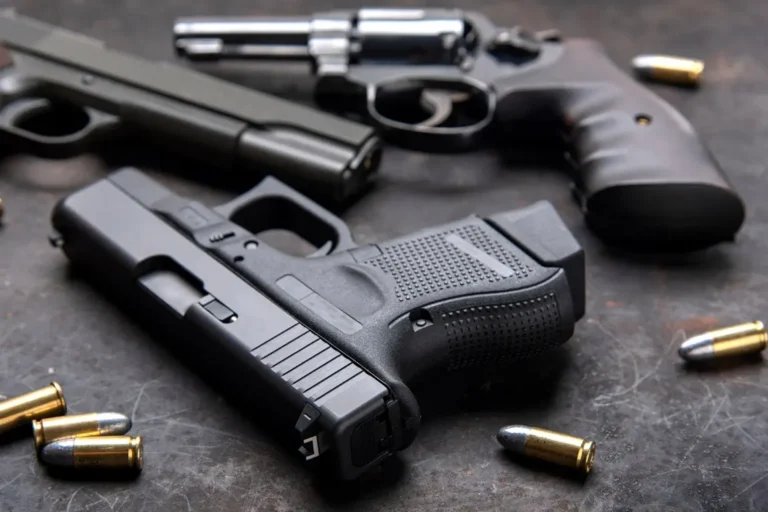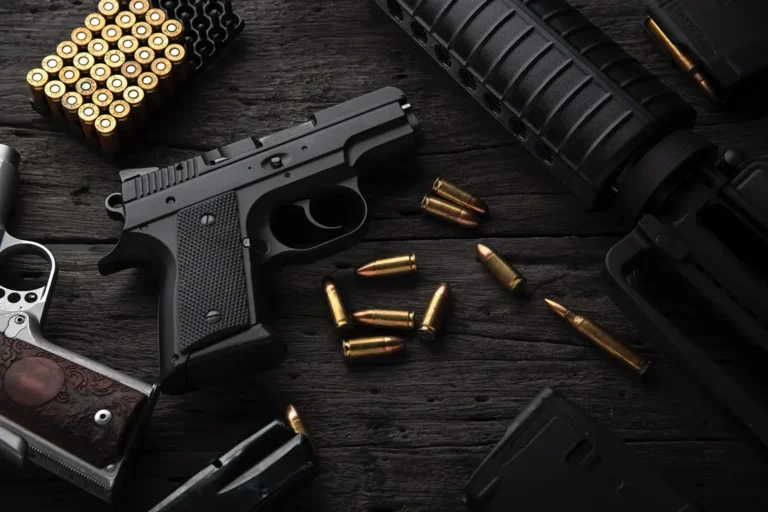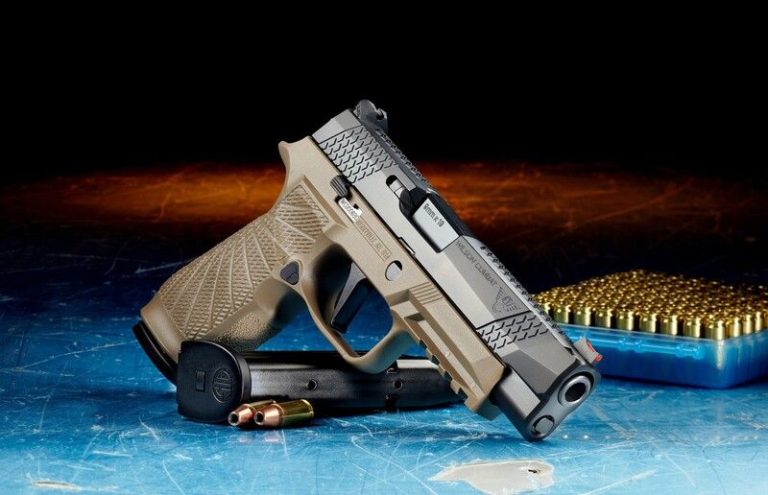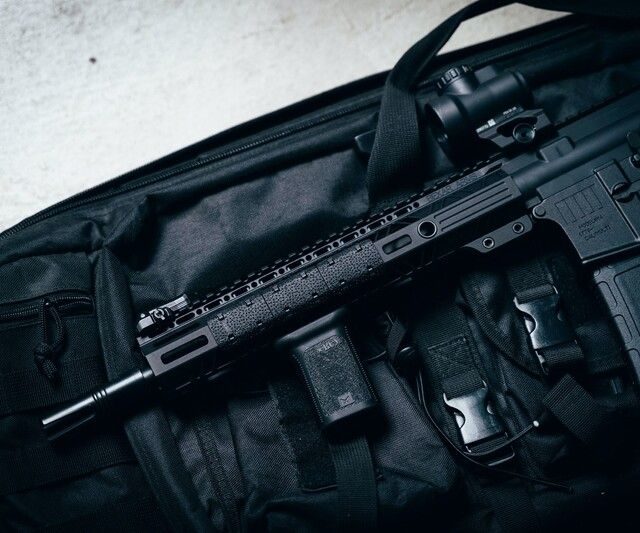
Before transporting a firearm in Ohio, you need to know what Ohio’s firearms laws allow and prohibit.
The rules can vary depending on where you intend to store your weapon and whether you plan to conceal it.
Additionally, Ohio’s vehicle gun laws address transportation with a firearm.
Clients frequently ask, Can I carry a gun in my car in Ohio?
We’ve prepared a short guide to help you understand the laws surrounding transporting firearms in Ohio and the penalties associated with those laws.
If you have additional questions or have been charged with improper handling of a firearm in a motor vehicle, contact Gounaris Abboud, LPA for your free consultation.
Get started by calling (937) 222-1515 or sending an online message today.
Firearm Possession in Ohio: An Overview
The Second Amendment to the United States Constitution gives U.S. citizens the right to own and carry a firearm, subject to limitations.
Ohio prohibits certain individuals from possessing a firearm, including those who:
- Suffer from chronic alcoholism;
- Are deemed mentally incompetent, mentally defective, or mentally ill by the court;
- Were ordered by the court to live in a mental institution;
- Are fugitives from justice;
- Were charged or convicted of a violent felony;
- Were charged or convicted of a felony drug offense that involved illegal drug possession, sale, distribution, or trafficking;
- Suffer from drug dependency or are in danger of suffering a drug dependency.
As long as these disabling factors don’t apply to you, you can generally own and possess a firearm in Ohio.
However, if there are any questions about one’s right to carry, you should still contact a lawyer as there are often details that a simple checklist cannot answer.
Ohio is an “open-carry” state. That means individuals who legally own a firearm can openly carry a firearm within the state with or without a concealed carry permit, subject to other limitations.
For example, transporting a firearm in your vehicle carries different requirements based on whether the gun owner has a concealed handgun or weapon permit.
Unlike some states, Ohio does not require firearms owners to register their weapons at a state level.
Concealed Carry Permits: Ohio Requirement
Ohio refers to the permit authorizing individuals to carry a concealed weapon as a Concealed Carry Weapons (CCW) permit. Some states refer to this as a weapons permit or handgun permit.
Ohio requires first-time CCW applicants to meet several requirements, including:
- Be at least 21 years of age,
- Complete the required 8-hour course for a Certificate of Competency,
- Make an appointment with the concealed carry office,
- Complete your CCW application,
- Provide a passport-sized photo within 30 days of your application,
- Provide a valid form of identification,
- Pass a criminal background check,
- Pass a mental competency check,
- Turn in your Certificate of Competency,
- Pay the non-refundable fee,
- Submit to fingerprinting.
Ohio does not require active duty military members to pay the fee or submit to the training course.
Even with a CCW, Ohio law prohibits individuals from carrying a concealed handgun in certain locations, including:
- Police stations,
- Sheriff’s offices,
- Correctional facilities,
- Airport terminals,
- Courthouses,
- Mental illness facilities,
- Universities (unless specifically allowed),
- School safety zones.
In addition to a CCW, individuals carrying a concealed handgun must carry another valid form of government identification.
Transporting Firearms in Your Vehicle
The legality of transporting concealed firearms in your vehicle depends on whether you possess a CCW permit. If you have a concealed carry permit, you can transport a loaded, concealed handgun inside your car.
However, you cannot carry a concealed weapon in your vehicle if you’re under the influence of drugs or alcohol.
Carrying a concealed weapon in your vehicle while under the influence of drugs or alcohol amounts to a 5th Degree Felony, punishable by up to 12 months in jail and a fine of $2,500.
If you don’t have a CCW permit, you can transport an unloaded firearm as long as it is carried in one of the following ways:
- In a closed package, box, or case;
- In a compartment that can be reached only by leaving the vehicle;
- In plain sight and secured in a rack or holder made for that purpose.
Violation of this provision amounts to a 4th Degree Felony, punishable by up to 30 days in jail and a fine of $250.
Consult with a Weapons Charges Attorney Today
An experienced weapons charges attorney with Gounaris Abboud, LPA, can help you understand the charges you’re facing and your options.
We pride ourselves on providing our clients with the one-on-one attention that is critical to establishing a trusting attorney-client relationship.
Our team has more than 30 years of collective experience representing individuals charged with criminal violations.
No two cases are the same, so we dedicate time to each one of our clients, which allows us to listen to their situation, and the outcome they desire, and create a strategy to meet their goals.
When your freedom is at stake, there is no time to waste. For a free consultation, please contact our team of criminal defense attorneys at Gounaris Abboud, LPA, as soon as possible. Call (937) 222-1515 or reach us online today to get started.
